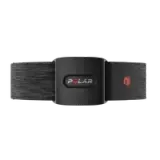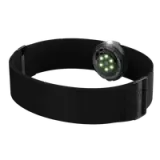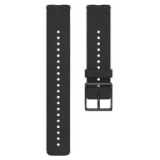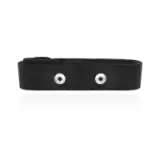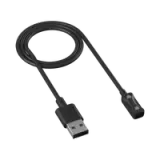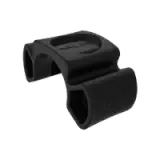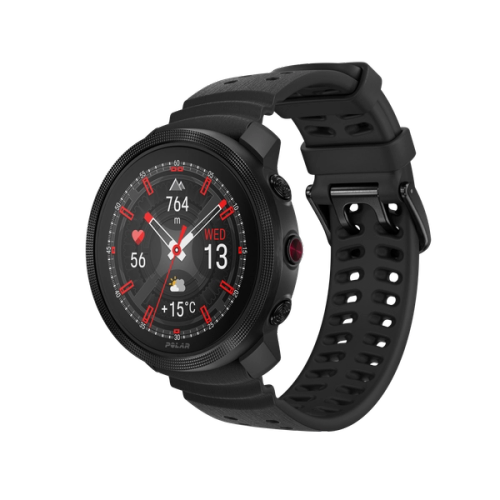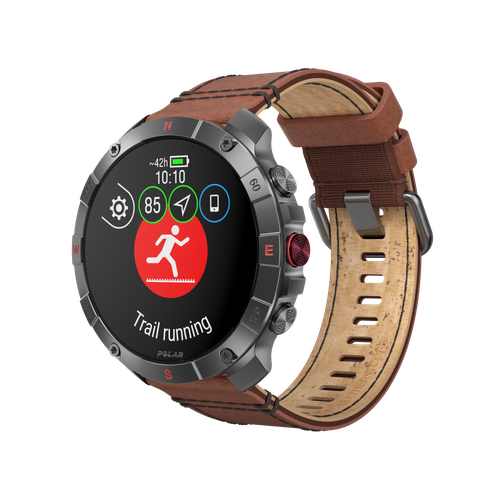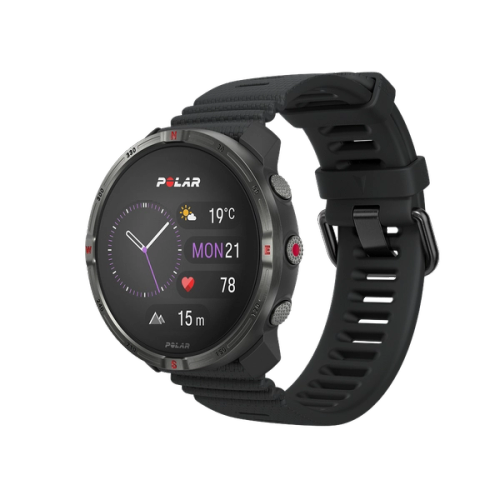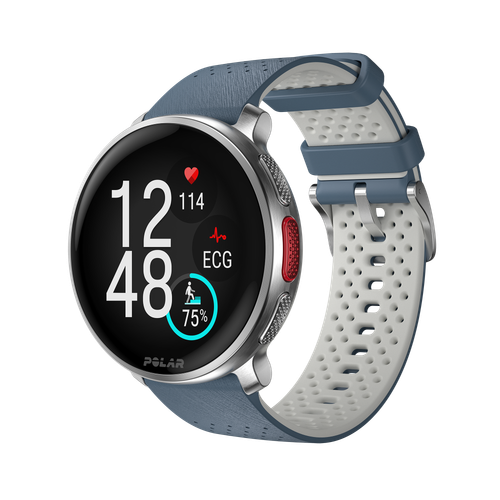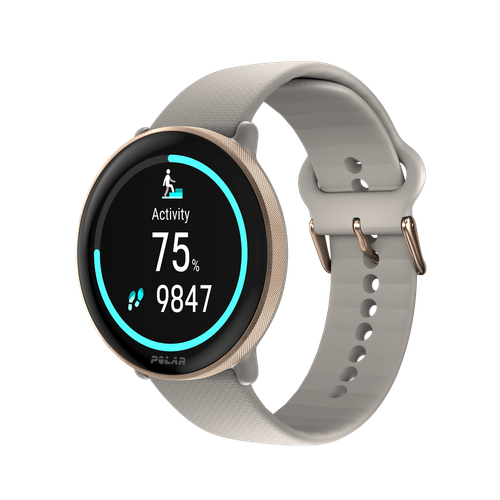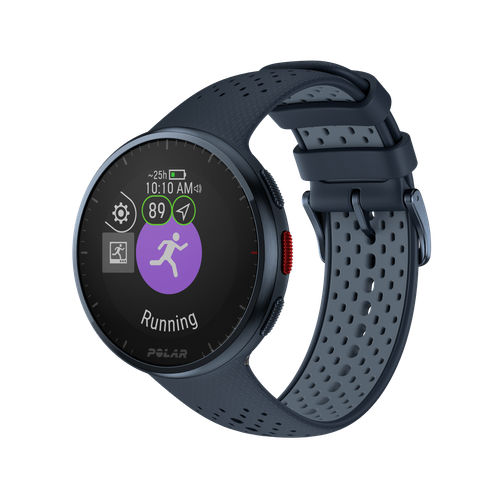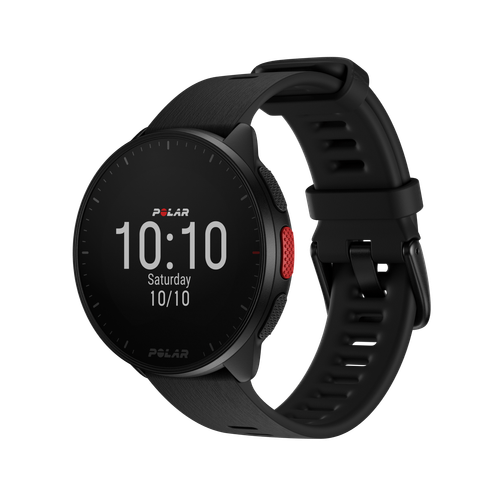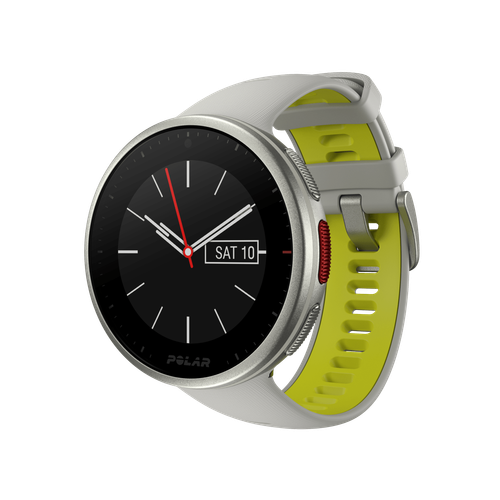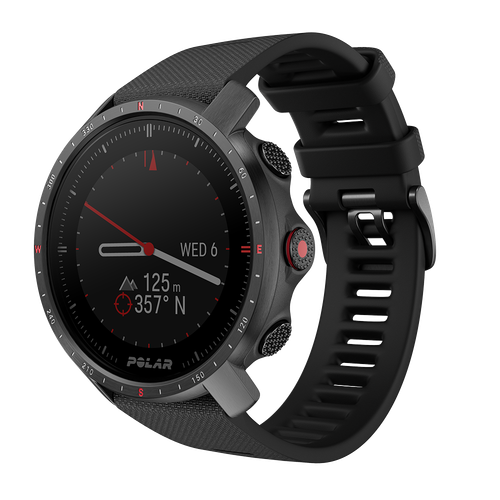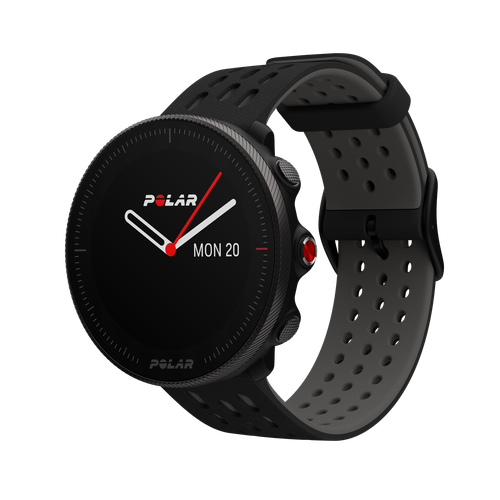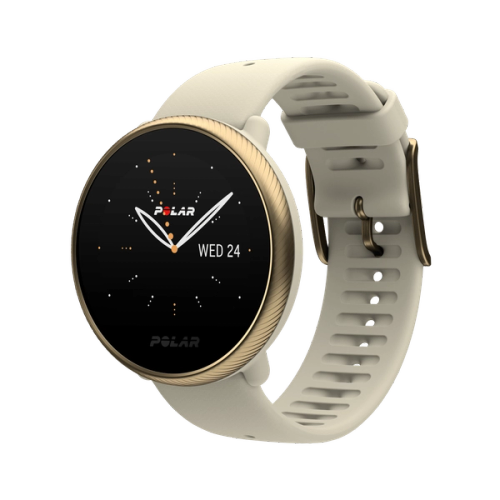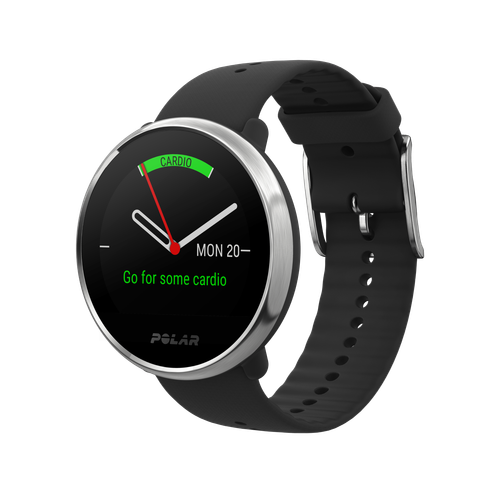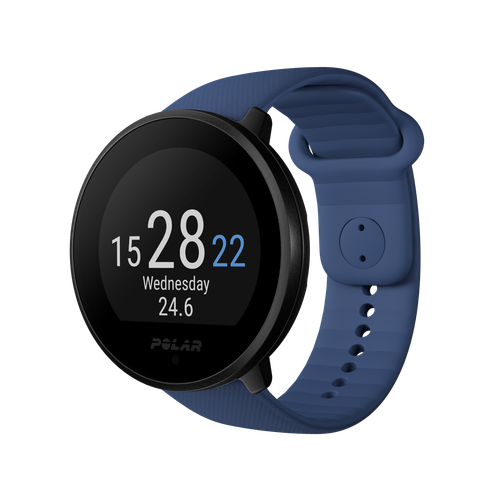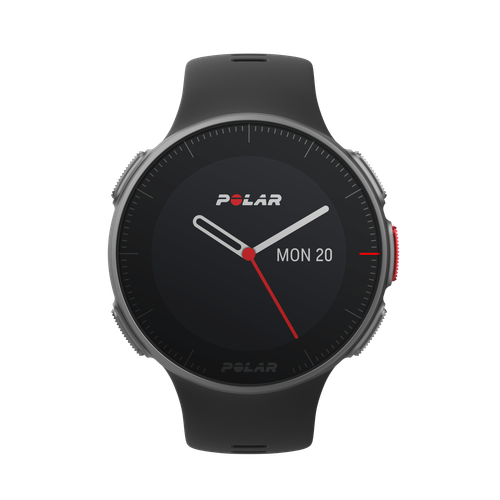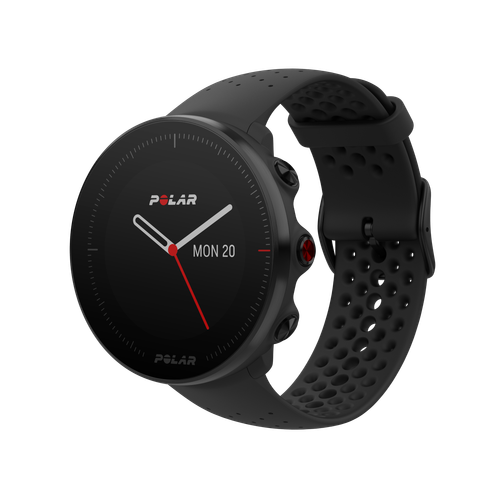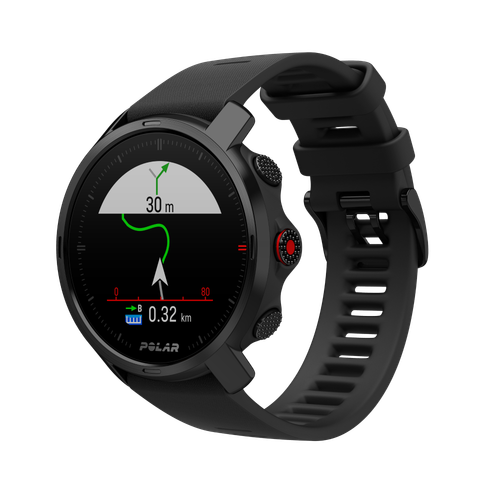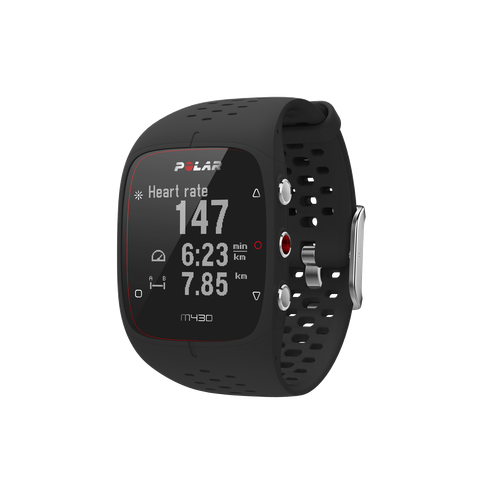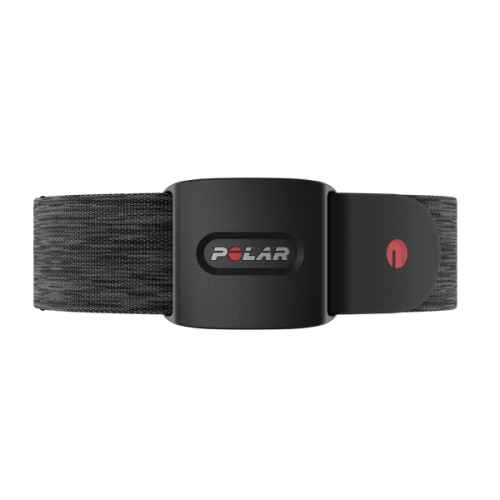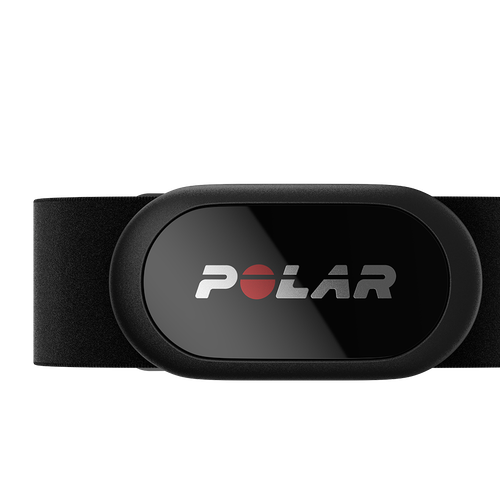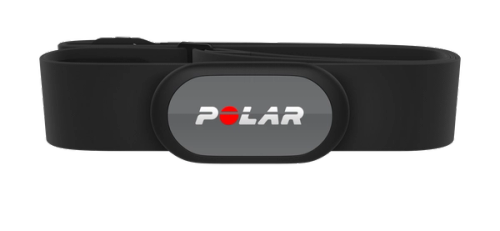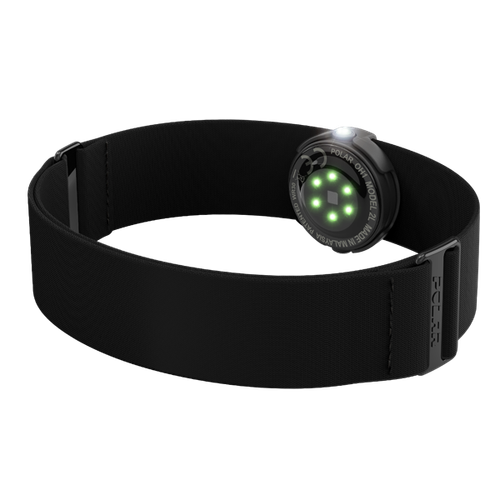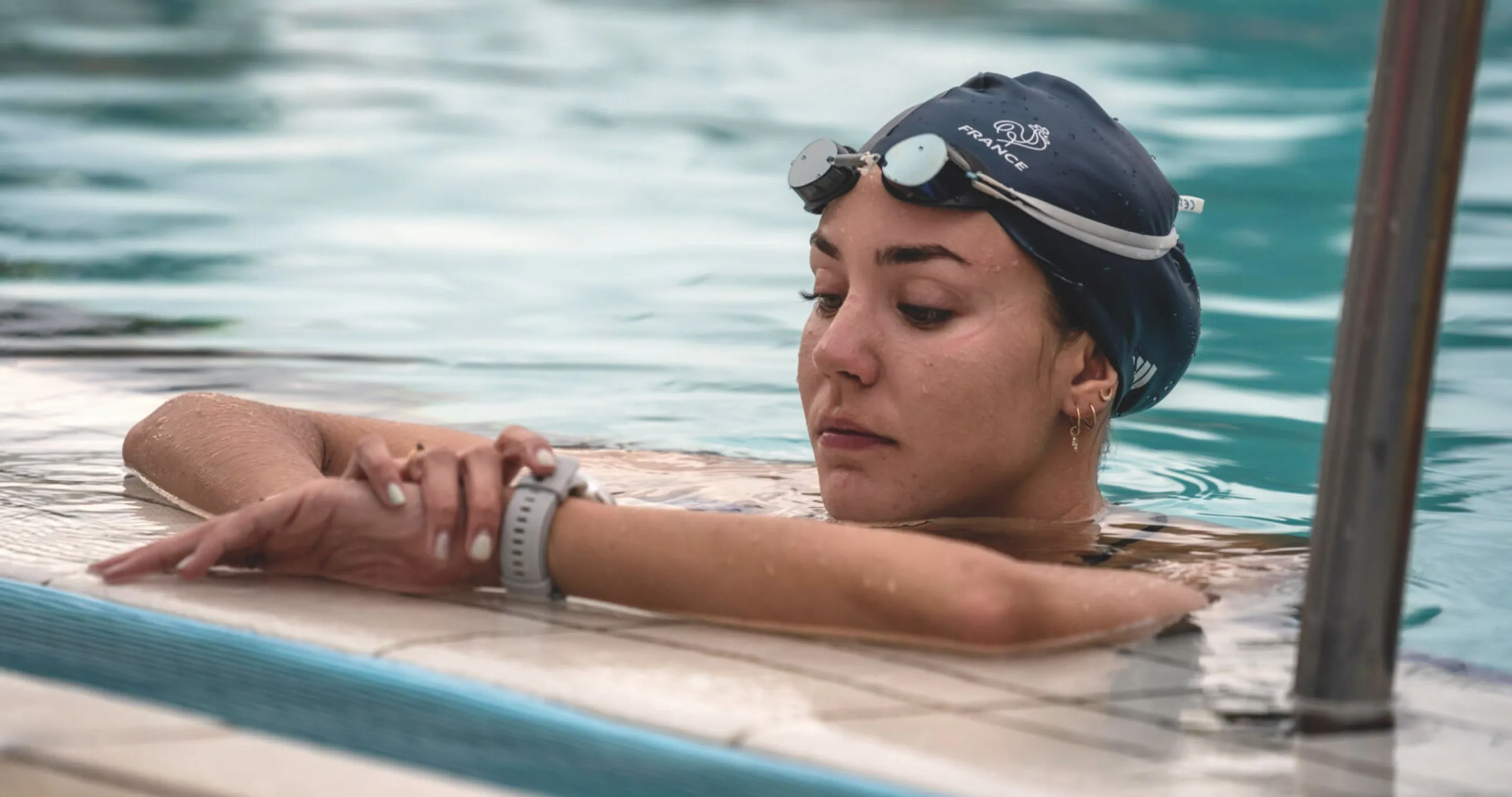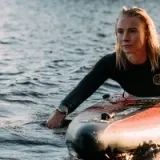As athletes, we're constantly pushing ourselves to improve, striving for that next personal best or that elusive victory. Training cycles can be intense, demanding focus and dedication. But even the most finely tuned engine needs a break to function at its peak. The off-season, that period after a training cycle or competition season concludes, isn't just a time to relax – it's a strategic opportunity to invest in your future success.
For many, the off-season is like hitting the reset button, allowing you to come back stronger and more prepared for the next challenge, whatever that may be. Imagine it as a chance to sharpen your mental focus and give your body the time it needs to repair itself, setting you up for a season filled with achievement and satisfaction.
Here, we'll explore the many benefits of having a strategy for your off-season training, providing practical tips to help you make the most of this crucial period.
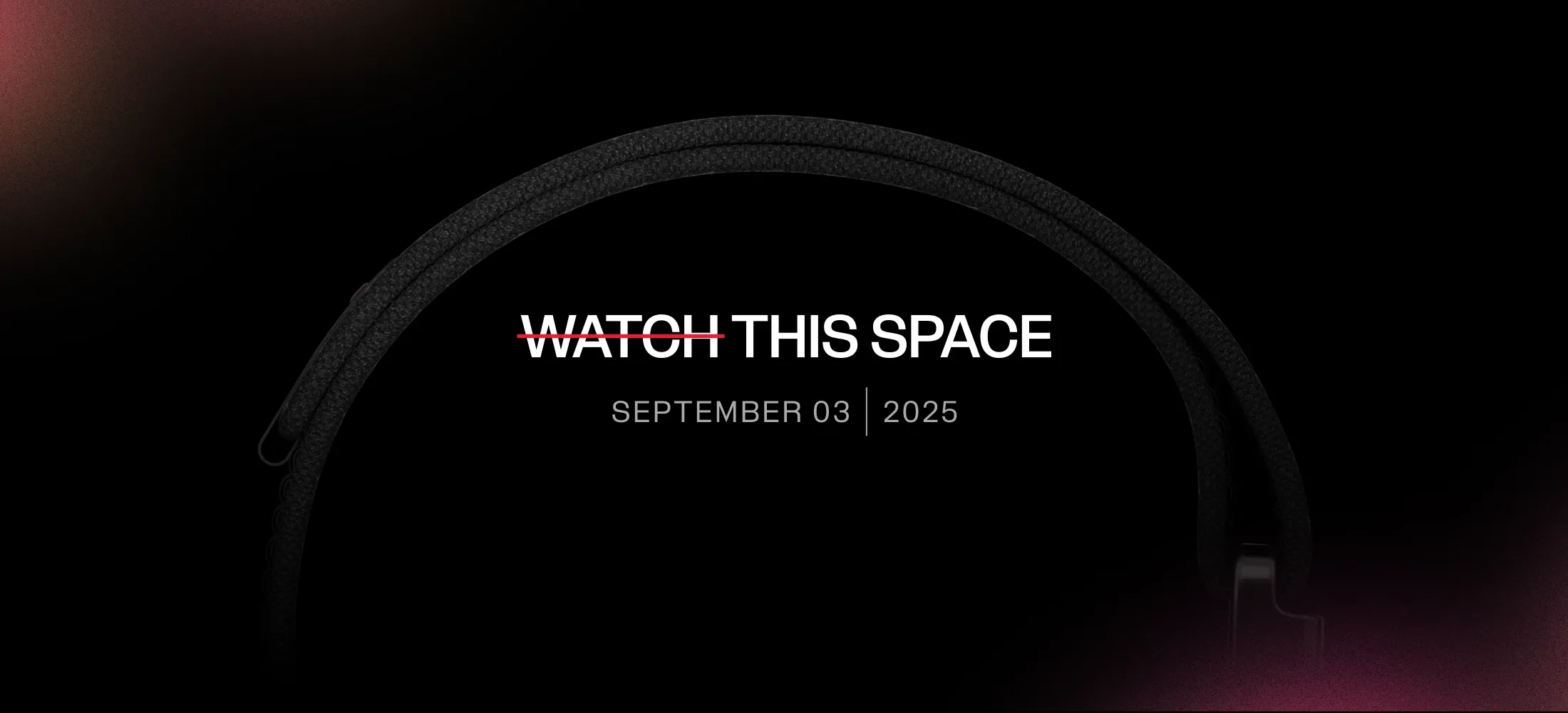
Something new is coming. Sign up now and be the first to know when it drops.
Stay in the Loop
Why can the off-season be a struggle?
Athletes and fitness enthusiasts alike often view the off-season with a mix of anticipation and trepidation. While the break from competition and intense training brings the promise of rest and rejuvenation, taking that first step away from the routine can be surprisingly tricky.
Our bodies crave routine, and a well-designed training program creates a comfortable rhythm. Taking a break can trigger anxiety about losing hard-earned gains or falling behind. But it's important to remember that even the most dedicated athletes need downtime. As your coach will remind you, pushing yourself non-stop isn't sustainable. Just like everyone else, your body and mind need a vacation to function at their best.
So, if you find yourself wrestling with the urge to squeeze in 'just one more session' during the off-season, remember taking a break is not giving up. It's giving your body and mind the chance to come back stronger.
What is the "off-season"?
Just like nature isn't constantly in bloom, your fitness journey can benefit from distinct seasonal phases (even if you aren't a competitive athlete). Typically, there are 3 main phases, each lasting a few months:
- Pre-season: This is the time to gradually increase the amount and intensity of your workouts. Whether you're training for a 5K or simply aiming to improve your overall fitness, this is where you build a strong base to tackle your goals.
- Main Season: This is your time to shine. Here, you put your training to the test by participating in races, attempting fitness challenges, or simply focusing on hitting your personal best workout goals.
- Off-season: After the main season comes a well-deserved period of rest and recovery. This allows your body to repair itself, preventing injuries and burnout, and sets you up for a stronger return in the next pre-season.
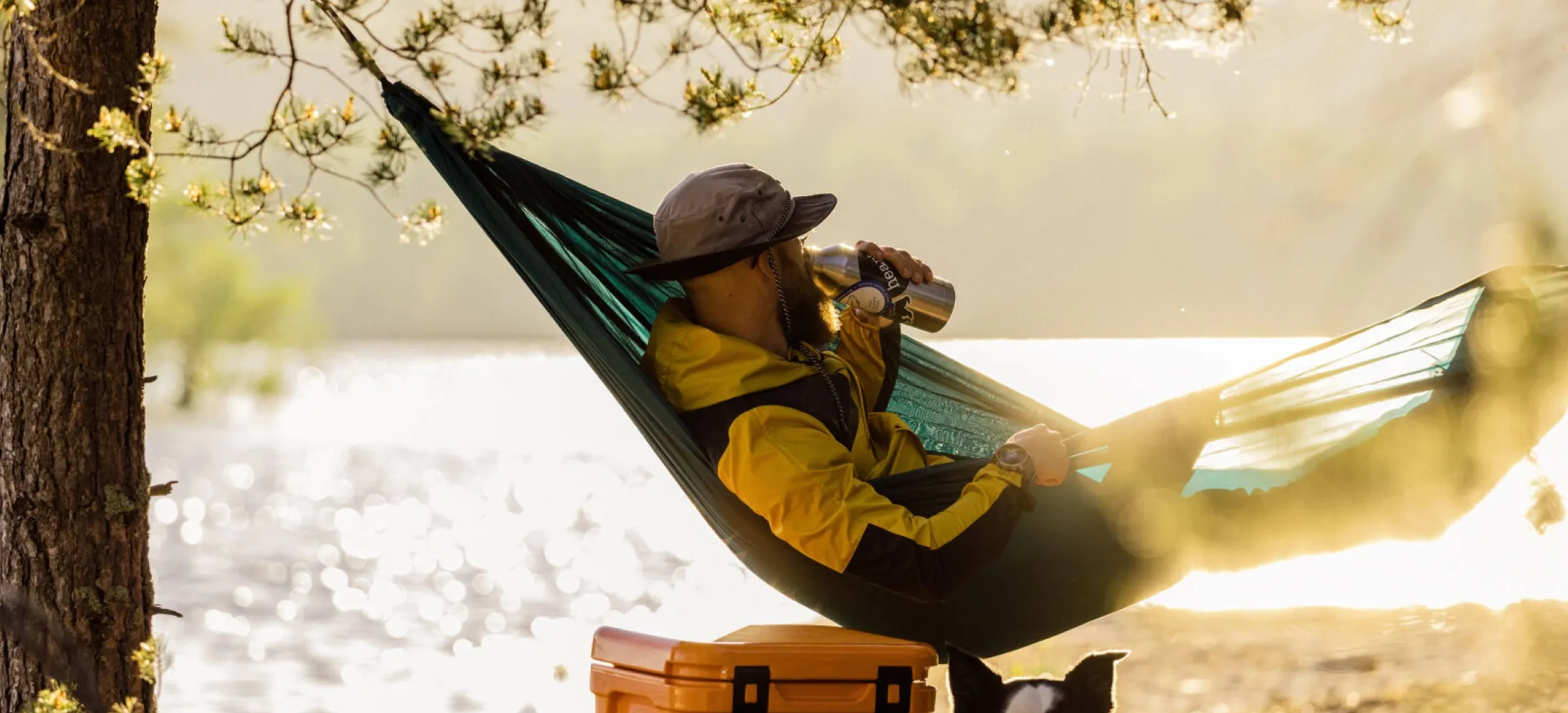
Why is taking a true off-season essential?
The primary goal of the off-season is to allow your body to fully recover from the accumulated wear and tear of competition and intense training. This time 'off' reduces the risk of injuries and allows for a stronger foundation upon which to build future fitness.
Beyond physical recovery, the off-season provides a mental break from the constant focus on performance, allowing you to return to training feeling refreshed and motivated. Think of it like a mental vacation – a chance to recharge your focus and come back with renewed enthusiasm.
The off-season also offers a valuable opportunity for reflection. It's a time to analyze past performance, identify areas for improvement, and refine training goals for the upcoming season. This period of "looking back to move forward" sets the stage for a more targeted and effective training approach in the pre-season.
Many athletes find the off-season to be a return to a more normal life – enjoying evenings out, spending more time with loved ones, or simply not worrying about the impact of every lifestyle choice. This deliberate "detraining" allows the body to adjust and become more receptive to the training stimulus you will introduce in the pre-season.
Enjoying this article? Subscribe to Polar Journal and get notified when a new Polar Journal issue is out.
Subscribe
How to optimize your off-season training
To maximize your off-season potential, consider dividing it into two distinct phases, each with specific goals. This structured approach will ensure you're primed to hit the ground running when the competitive season rolls around.
Phase One: Rest and Rejuvenation (roughly three weeks)
Yes, you read that correctly. A complete break from structured training for a couple of weeks is vital at the start of the off-season. If that surprises you, think about five-time Olympian Bernard Lagat, who credits his career success to a complete five-week break each year. During this, he does "nothing, just eating and playing with my children."
So, what are you meant to do during this break time? Firstly, the off-season is an opportunity to prioritize sleep and relaxation. Increasing sleep duration, practicing mindfulness and meditation, and connecting with nature and your loved ones are all excellent ways to de-stress and promote recovery. This rest period allows your central nervous system, which can take longer to recover than muscles, to catch up.
Of course, your body relishes this recovery time as well. During the off-season, it's completely normal to experience some aches and soreness, especially in the first few weeks. Think of it as your body taking a well-deserved sigh of relief and returning to its natural state. This is a prime time for healing and rejuvenation – listen to your body and let it recover fully.
Don't be surprised by a slight weight gain during this period – it's a natural reflection of your decreased activity level and is actually quite healthy. Your body needs a break from maintaining your peak race weight, which can help prevent injuries and illness in the long term.
It's important to note that this rest time shouldn't mean complete inactivity – going for light walks or gentle yoga sessions can be beneficial. However, resist the urge to jump into activities like hiking, spin class, or starting a new strength training program. Your body needs time to recover fully.
While physical fatigue is a natural consequence of intense training and competition, it's essential to acknowledge the significant role mental fatigue plays. Just like your muscles, your mind needs time to recover and refocus. Without a mental break, it's difficult to approach training with the focus and motivation needed to be truly effective.
Finally, the off-season offers the perfect window to address any lingering injuries. Whether it's a chronic muscle strain or something more serious, use this time to seek treatment and allow your body to heal.
undefined
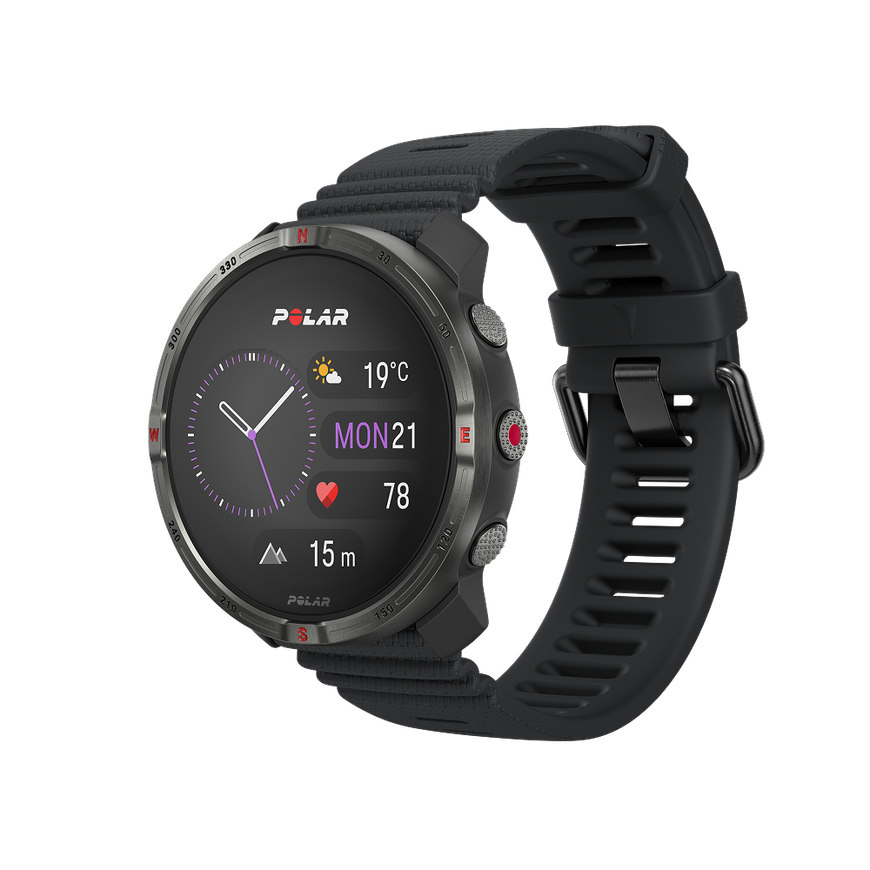
Polar Grit X2
Outdoor Watch
Polar Grit X2 is a compact, robust outdoor watch crafted for big adventures and everyday performance. With advanced training tools, sapphire glass AMOLED display, and precision navigation with full-color maps, it’s built for life on and off the trails.
But what about detraining?
When you've spent months training to reach a goal, detraining might sound scary. But during the off-season, it's actually a positive step. There's enough research to indicate that if you work out every day, full recovery is probably never happening.
That initial decline in fitness you experience during the off-season is temporary. Research shows these minimal losses are the first to return when you resume training, often within weeks. A recent off-season training study even demonstrated that maintaining aerobic fitness is much more achievable than you probably think.
So, embrace the detraining phase. It allows your body to recover fully and sets you up for a stronger comeback.
Phase Two: Fitness Foundations (length varies)
After a rejuvenating rest period, this second off-season phase allows you to focus on building the strength and skills to propel you forward in the coming season. The length of this phase depends on how much time you have until your pre-season starts after taking the total amount of rest time during phase one.
In phase two, reflection is a critical first step. Look back on the past season, analyzing your training data, successes, and challenges. Be honest with yourself (and your coach if you have one) about what worked well, what didn't, and where you see room for improvement.
During the off-season, it's smart to set smaller goals alongside your big dreams. This structured approach keeps you motivated and working towards your ultimate athletic aspirations, even while taking things a bit easier. Think of it like building blocks – smaller goals throughout the off-season can lead to achieving those larger goals down the line. For example, if you're a runner, this could be a time to focus on improving your technique or building core strength.
Your training should become less structured and demanding during this time. It's about maintaining your fitness without overloading your body or mind. This approach translates into shorter training sessions, often maintaining training intensity while reducing volume by around half. For example, if you usually run for 60 minutes five days a week, this might mean dropping to 30 minutes per session but maintaining the same pace.
Technology can be a valuable tool during this phase. Your Polar heart rate monitor can help ensure you stay within your target zone while avoiding overtraining. Cross-training is also your friend, so this is a great time to try out some of those other sports profiles. Experiment with different activities – cycling, swimming, even a dance class – to keep things fun and engaging.
This phase is also ideal for establishing habits that benefit your long-term success. Now is the time to introduce new strength training routines, experiment with different fueling options, and prioritize recovery practices like sleep and stretching. By embedding these positive habits during the off-season, you'll be well-positioned to hit the ground running when training resumes.
Finally, remember to find the fun. Phase two of the off-season is a time to rediscover the pure enjoyment of your chosen training or sport. Take a leisurely bike ride, go for an easy run, and remind yourself why you started this journey in the first place. This renewed passion will fuel your dedication throughout the upcoming season.
Mistakes to avoid in the off-season
The off-season is a crucial time for athletes to recharge and rebuild, but it's also easy to fall into a trap. Here, we'll explore two common mistakes to avoid: overtraining and neglecting nutrition.
Fear of losing fitness can be a powerful motivator, leading some athletes to try and maintain pre-season training intensity throughout the off-season. This mistake not only negates the benefits of rest but can lead to injury and burnout. Remember, the off-season is designed for your body to recover and adapt, not maintain peak performance.
The other extreme is viewing the off-season as a free-for-all. While indulging in some of your favorite treats is perfectly acceptable, neglecting healthy eating habits can leave you feeling sluggish and hinder your progress when training resumes.
What training happens after off-season?
Remember, the off-season isn't an ending; it's a strategic pause that sets the stage for a stronger, more resilient you. By prioritizing rest, reflection, and foundational fitness development, you'll have invested in your long-term athletic success.
As you approach the official end of the off-season, a new chapter awaits: base building. This next phase will involve gradually increasing your training volume and intensity, creating a solid foundation upon which to build your peak performance for the upcoming season. Stay tuned as we delve deeper into the world of base building and explore how to optimize this crucial training period!
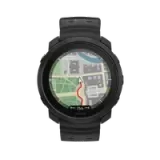 Polar Vantage M3
Polar Vantage M3
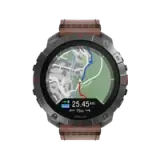 Polar Grit X2 Pro Titan
Polar Grit X2 Pro Titan
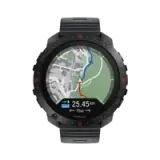 Polar Grit X2 Pro
Polar Grit X2 Pro
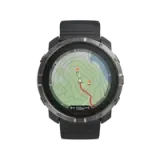 Polar Grit X2
New
Polar Grit X2
New
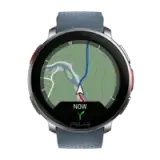 Polar Vantage V3
Polar Vantage V3
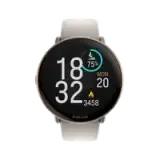 Polar Ignite 3
Polar Ignite 3
 Polar Ignite 3 Braided Yarn
Polar Ignite 3 Braided Yarn
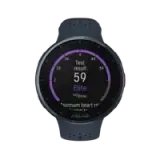 Polar Pacer Pro
Polar Pacer Pro
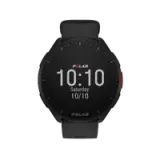 Polar Pacer
Polar Pacer
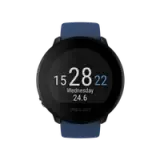 Polar Unite
Grit X Series
Vantage Series
Pacer Series
Ignite Series
Polar Unite
Grit X Series
Vantage Series
Pacer Series
Ignite Series
